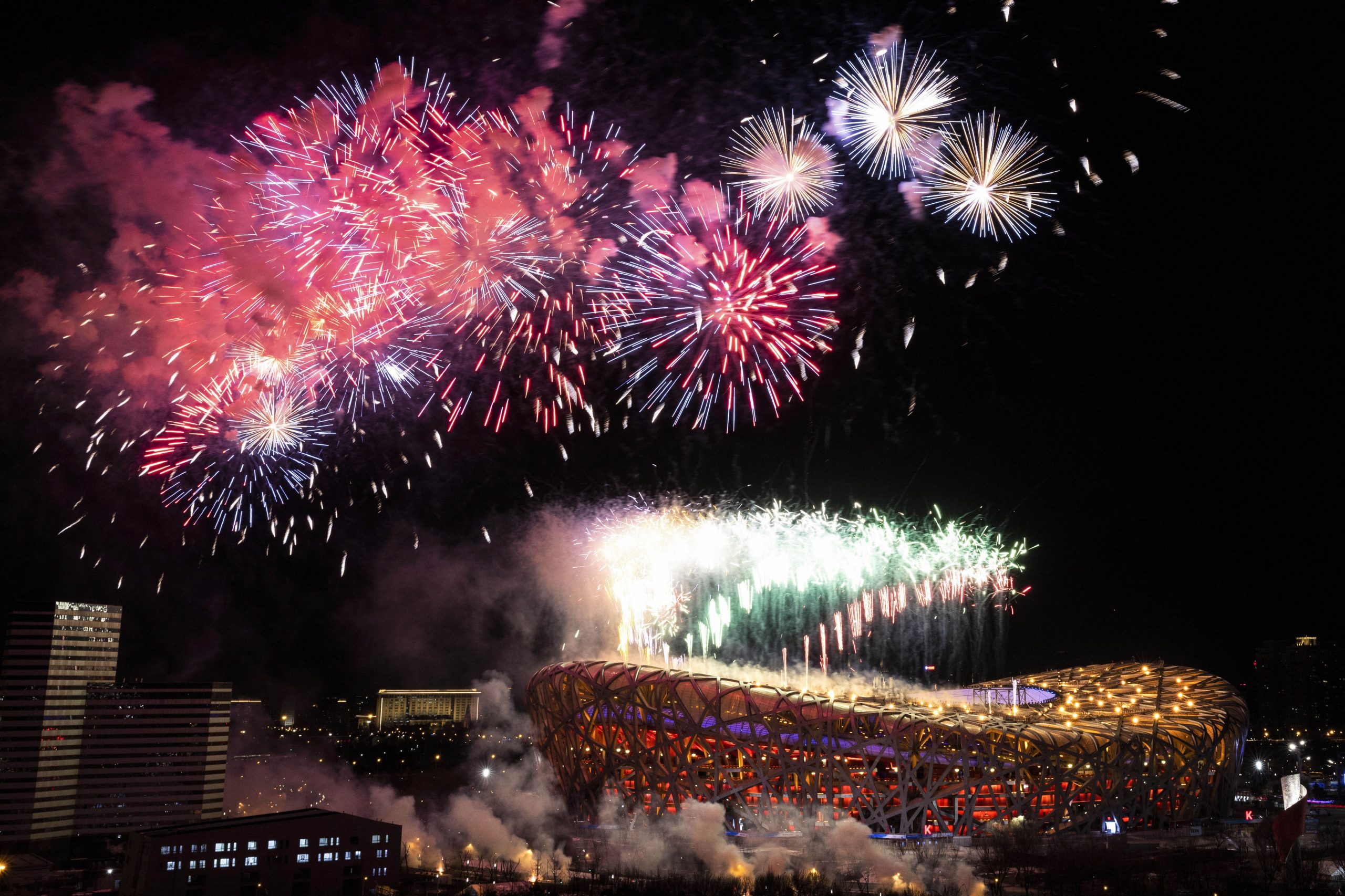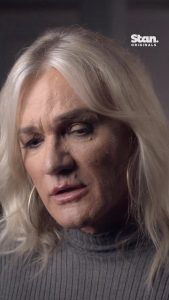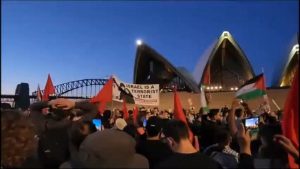The Australian state of Victoria on Tuesday announced that it will host the 2026 Commonwealth Games with all sporting events taking place outside of its capital city of Melbourne.
Daniel Andrews, the state’s premier, praised the Commonwealth Games for embracing Victoria’s pitch for the event, admitting that “it’s a bit riskier than just running it in the middle of a large city”.
Also read: Olympic sailor Eya Guezguez dies at 17 in training accident, tributes pour in
According to reports, the Games will be held in four regional “hubs” across the towns of Geelong, Ballarat, Bendigo and Gippsland, each with a separate athletes’ village.
After the 2006 event which was centred on Melbourne, this will be the sixth time that Australia has hosted the Commonwealth Games and the second time in Victoria.
Also read: All eyes on Bradley Beal as big offseason begins for Washington Wizards
Premier Andrews said the 2026 Commonwealth Games were expected to bring a “$3 billion boost to the Victorian economy”, which had to weather long lockdowns during the COVID-19 pandemic.
The 2022 Commonwealth Games are due to be held in Birmingham, England, from July 28 to August 8.
Also read: Umran Malik’s bouncer ‘woke me up’, admits GJ’s Hardik Pandya after loss to SRH
The cost of running the event has yet to be revealed, but Andrews described it as an “investment”.
An initial 16 sports have been put forward for the event, with further sports to be added later this year.
Commonwealth Games Federation president, Louise Martin, said Commonwealth Games Australia and the Victorian government set out a “bold and innovative vision” for the event.
Also read: IPL 2022: Warner dances on ‘Pushpa’s’ Srivalli mid-match vs KKR
In a statement, Martin said, “In Victoria, we believe we have found the perfect partner for the next stage of our journey.”
Commonwealth Games Australia president, Ben Houston, said the home games will provide “immeasurable benefits” for athletes in the lead up to the 2032 Brisbane Olympic and Paralympic Games, describing them as “three home games” for athletes in six years.







